Top Judge Criticizes PMQs Exchange Over Gaza Asylum Case
The most senior judge in England and Wales, Lady Sue Carr, has expressed deep concern over a recent exchange at Prime Minister’s Questions (PMQs) concerning a Palestinian family’s asylum case. In a letter to Labour leader Keir Starmer, she described the discussion as “unacceptable” and emphasized the need for politicians to respect judicial independence.
During the PMQs session, Starmer raised concerns about the decision to grant asylum to a Palestinian family who had applied under a scheme designed for Ukrainian refugees. In response, Prime Minister Kemi Badenoch called the decision “wrong” and stated that the Home Secretary was working to close what she referred to as a “legal loophole.”
Lady Carr strongly criticized both the opposition’s questioning and the prime minister’s response, stating that such discussions undermine judicial independence. “It is for the government to visibly respect and protect the independence of the judiciary. Where parties, including the government, disagree with judicial findings, they should pursue their concerns through the appellate process,” she said.
Badenoch defended her remarks, asserting that parliamentary sovereignty allows politicians to discuss important legal matters. “Parliament is sovereign. Politicians must be able to debate issues of crucial public importance in parliament,” she stated.
The asylum case in question involved a Palestinian family whose home in Gaza was destroyed by an Israeli airstrike. The family, which includes four children, sought entry into the UK under the Ukraine Family Scheme to join a relative who has been a British citizen since 2007. The Home Office initially rejected their application in May 2023, ruling that it did not meet the scheme’s requirements. However, after an appeal, an upper tribunal ruled in favor of the family, citing their right to a family life under the European Convention on Human Rights (ECHR).
Starmer, in his remarks at PMQs, voiced his disapproval of the tribunal’s decision. “I do not agree with the decision. It’s the wrong decision,” he said. “It should be Parliament that makes the rules on immigration. The government should set the policy, and the Home Secretary is already working to address this legal loophole.”
Following Lady Carr’s intervention, several legal experts weighed in on the controversy. Richard Ekins KC, head of the Judicial Power Project at the right-leaning think tank Policy Exchange, dismissed her concerns, calling her statement “ill-advised.” He argued that judicial independence does not exempt judges from criticism and that political leaders have the right to question legal rulings.
Former Justice Secretary Robert Buckland acknowledged that while politicians can disagree with judicial decisions, criticism must be responsible. He also highlighted concerns over judges’ personal safety, citing increasing threats against the judiciary. “It is not acceptable for judges to be personally attacked for simply doing their jobs. Their role is to assess the facts based on evidence and apply the law accordingly,” Buckland stated.
Lady Carr also referenced broader concerns about judicial safety, recalling the case of Judge Patrick Perusko, who was attacked in 2023 when a radiator was thrown at him. She stressed that public confidence in the judiciary is undermined when judges are subjected to personal attacks.
The ongoing debate underscores the delicate balance between judicial independence and political oversight, as well as the broader tensions surrounding immigration policy in the UK. As the government reviews the legal framework for asylum, the role of the judiciary in shaping immigration decisions remains a contentious issue.




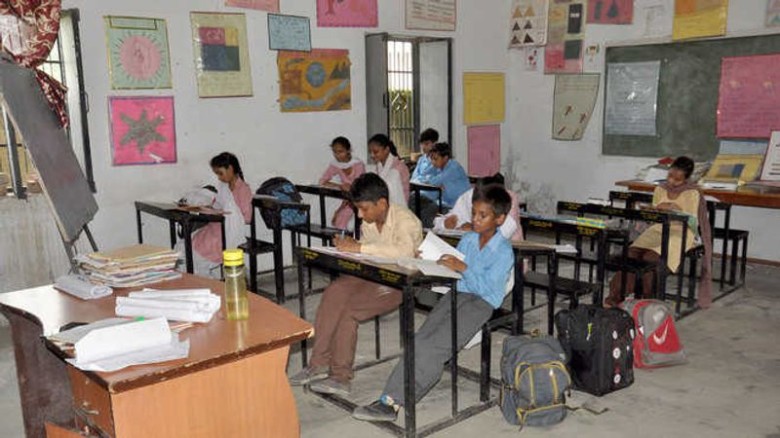
















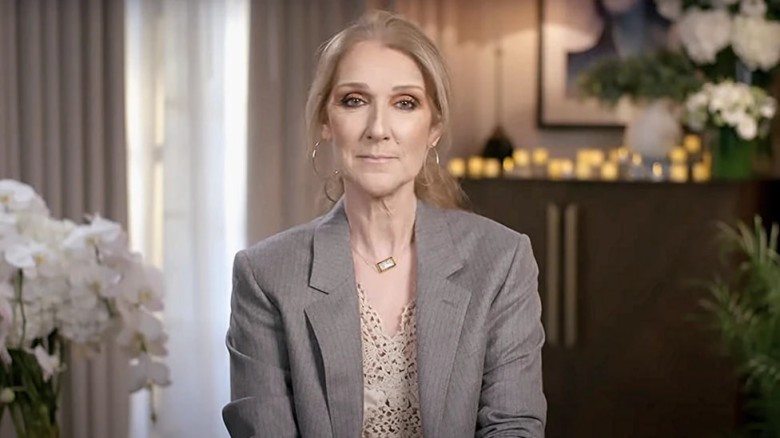






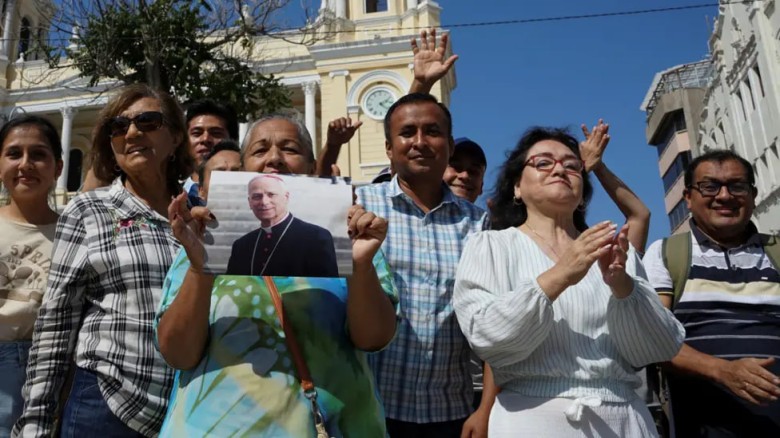












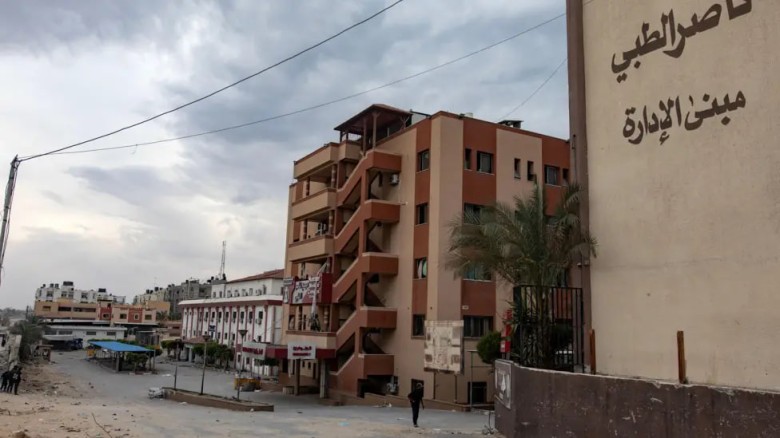







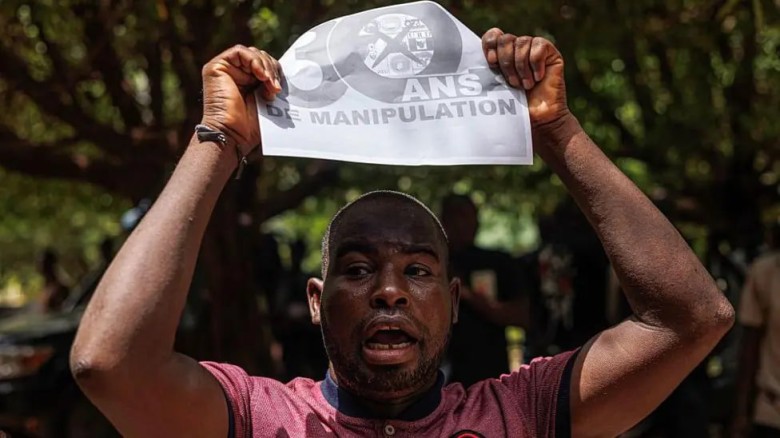
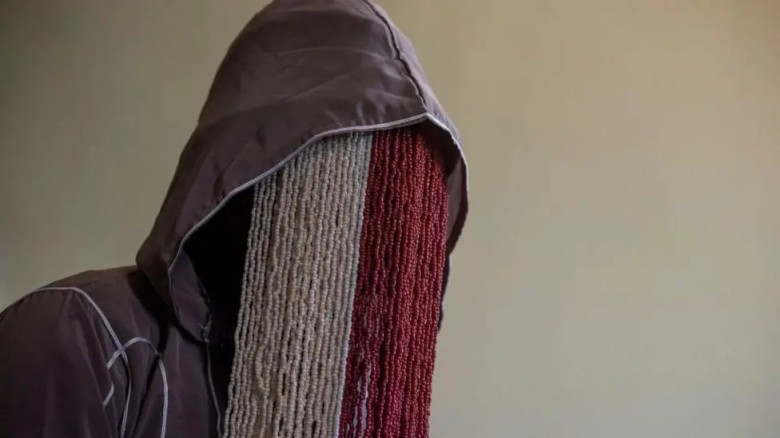

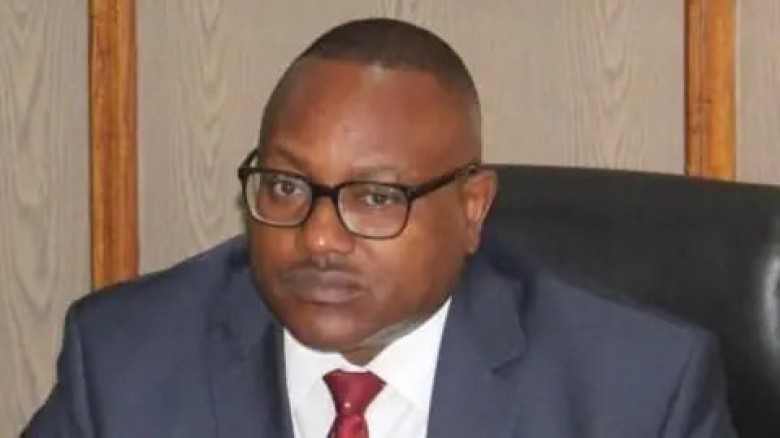

















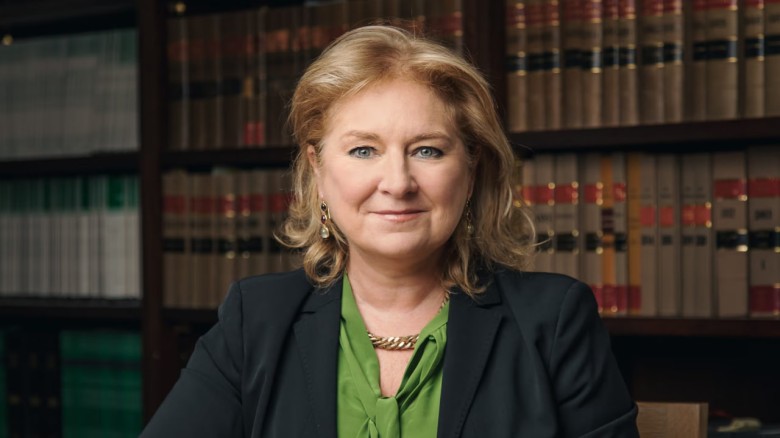


Leave A Comment